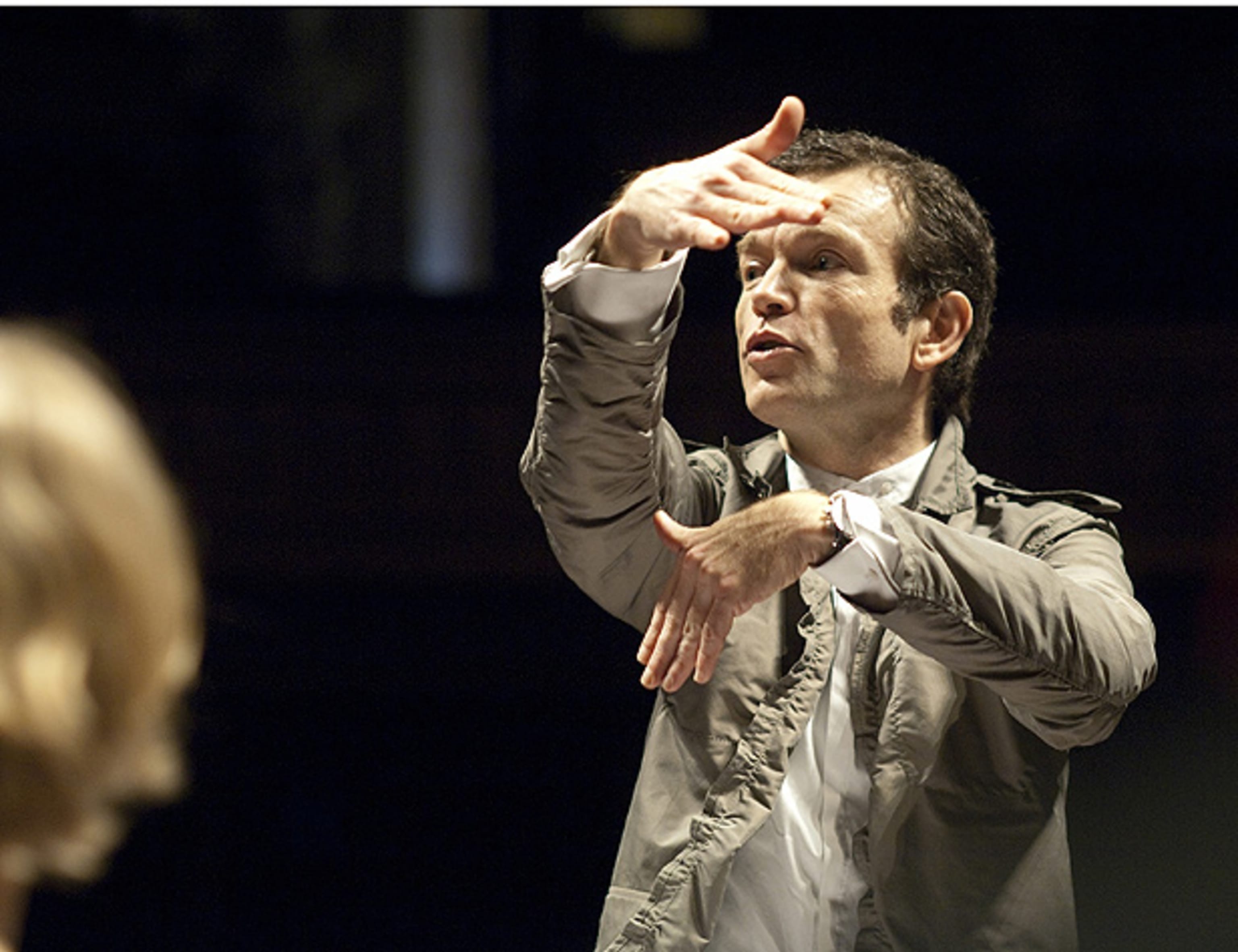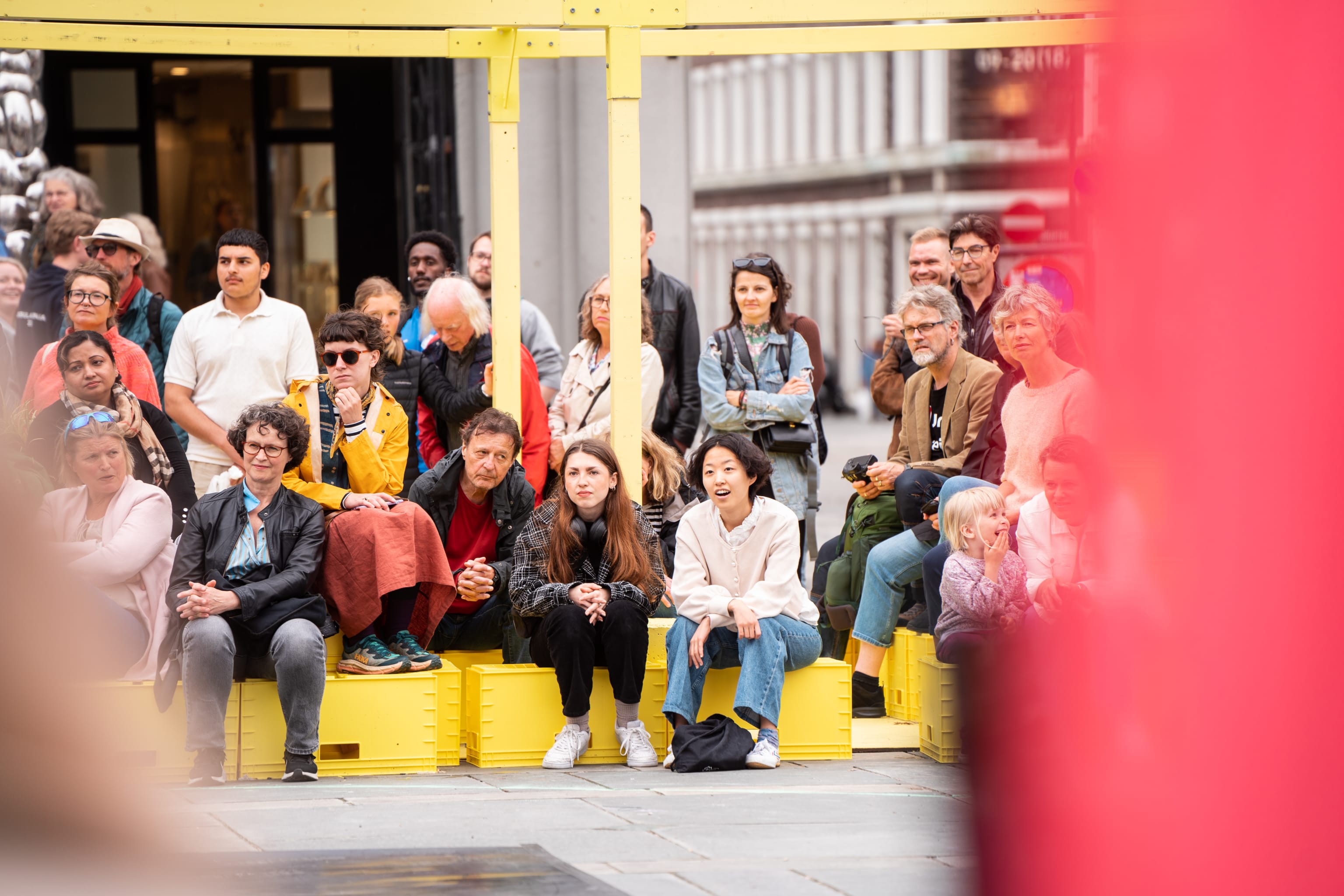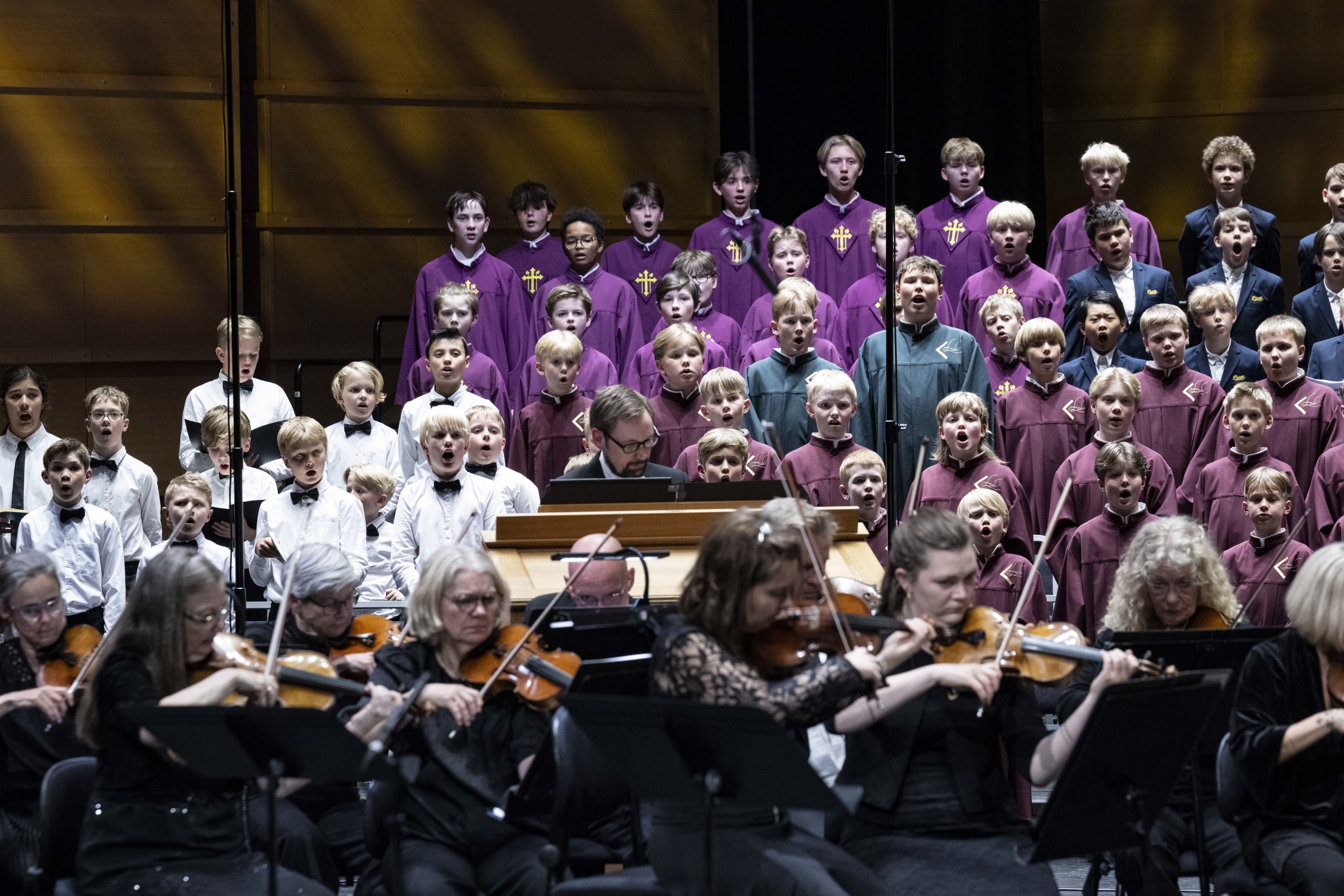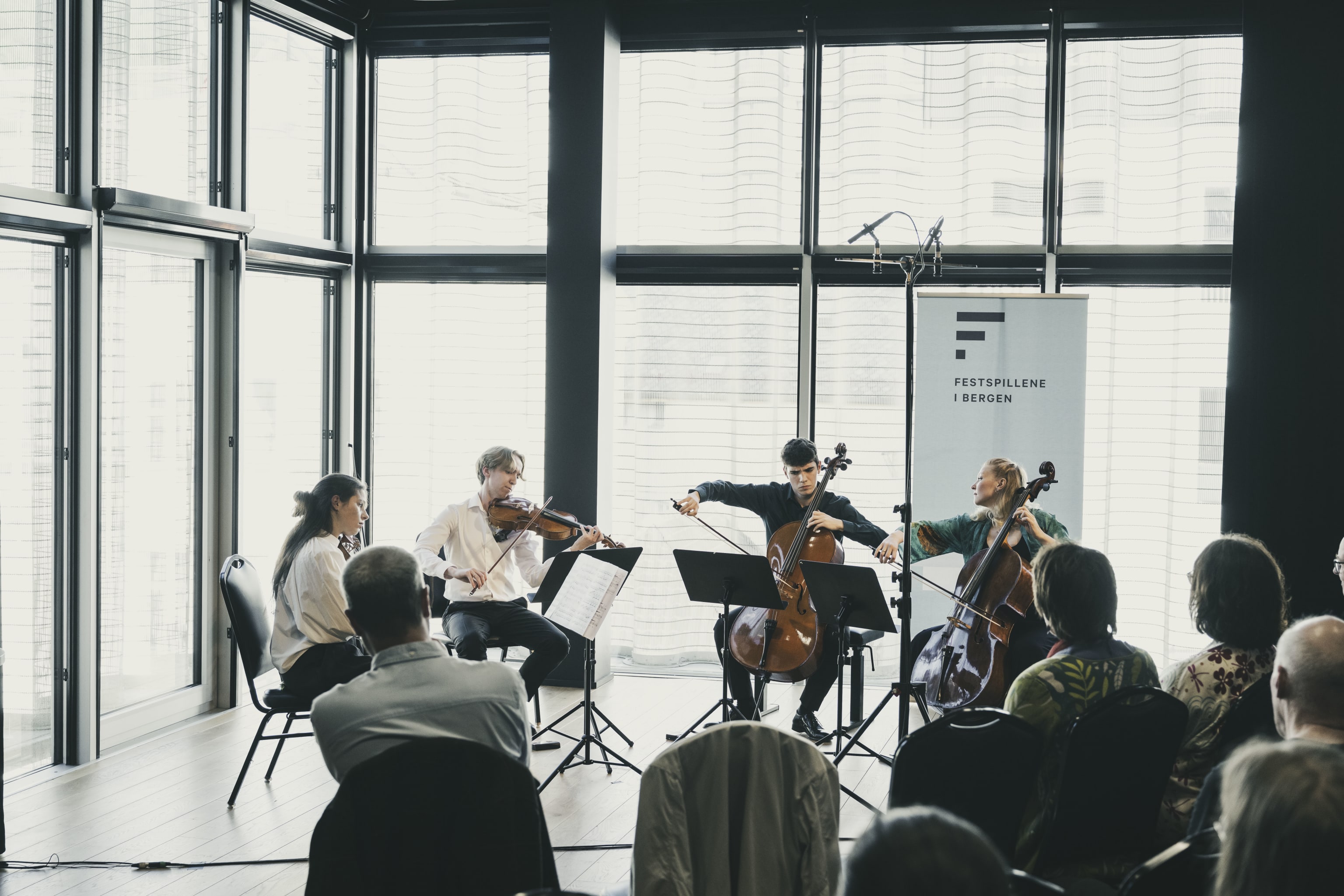
Bringing Farinelli to life
- Home
- Festival
- 2020-and-before
- Articles
- Bringing Farinelli To Life
March 21, 2011
Conductor Christophe Rousset has yet to make members of the audience faint, but is sure to have both film and early music fans swooning when he and his Les Talens Lyriques finally go on tour with the music of Farinelli.
– It’s like pop music, says Christophe Rousset, founder and conductor of the orchestra Les Talens Lyriques, which celebrates its 20th anniversary this year.
On their first visit to Norway, Les Talens Lyriques will perform music from the album that made them into a household name. The baroque ensemble provided the musical backdrop for the charismatic castrato Farinelli (1705–1782) in the movie of the same name. The film tells the story of one of history’s most famous castrato singers, a true superstar in his own time.
With more than one million copies sold, the recording of the score from the 1994 movie is one of the world’s best-selling classical records.
– The magic that happens in the movie is created by the combination of a human, powerful story supported by very powerful music, says Rousset, who acted as musical director and conductor in the production.
– When I became involved, the producers already had their own ideas about pieces to use in the movie, so my job became to make this music interesting and alive for modern audiences. The score really has a strong impact on people, and reached much wider than your ‘normal’, classical audience – a very interesting experience for us.
The composers’ best work
While the Farinelli film shows members of the audience fainting and having extreme emotional reactions to the music, Rousset says that he and Les Talens Lyriques are not expecting a similar reception when touring with the Farinelli music for the first time.
– The big difference is that we don’t have the castrato with us on stage. The castrati had strange, almost not human voices. Also, the overdeveloped thorax meant increased vocal power, and the castrato could sustain notes seemingly forever. These incredible skills were what provoked such reactions, says Rousset.
In the film, the voice of Farinelli was achieved by mixing a male and a female voice. On stage at the Bergen International Festival the role of the castrato will be played by mezzo-soprano Ann Hallenberg. Handel, too, preferred to use female singers when no castrato was available.
– In Handel’s time the countertenor was not considered noble or technically skilled enough. Though falsetto singers today have great technical skills, I find women’s flexibility superior; their voices have more color, more power. And after all, having a man playing a man is just a convention, says Rousset.
Farinelli, or Carlo Maria Broschi, was a real star and toured Europe, giving acclaimed performances for royalty and adoring audiences.
– For such an exceptional singer the composers would always do their very best – partly because the power of a singer was great at that time: If he or she did not like an aria, the singer would simply refuse it, or have it rewritten. Our intention is not to make the audience hysterical and faint – we wish but to play this wonderful, partly unknown repertoire, says Rousset with a smile.
An archeologist in the world of music
In 1991 he created Les Talens Lyriques (“the lyrical talents”) to investigate such unknown repertoires, concentrating especially on Neopolitan music which influenced the whole of Europe. Together with Les Talens Lyriques Christophe Rousset has searched for – and found – works by forgotten composers from the 17th and 18th centuries – contemporaries of Mozart and Handel who often experienced great success and fame in their own time.
– I like going to libraries, opening old books and – if I’m lucky – finding incredible music that no-one has heard in modern times. In some ways, I suppose it’s like going to an archeological site in the country and finding a Greek vase. It’s very exciting, says Rousset, who through his expeditions into musical history has achieved his childhood ambition of becoming an archeologist.
In contrast to old writings, paintings and artefacts, music must be performed to be experienced. Of all the achievements of Les Talens Lyriques, Christophe Rousset is perhaps most proud of their many recordings of music previously unheard after the 18th century.
– A piece on paper is just dead. A recording makes it available and alive.
Making life more beautiful
Christophe Rousset’s path to becoming a musician and a conductor was not straightforward. There were no musicians in the family, but his grandmother had a piano and later, there happened to be a harpsichord class in his home town in the south of France.
– I found it incredible that people could do something so wonderful out of these pieces of wood, and fell in love with the instrument right away. The harpsichord became my time machine, taking me back to the court of Versailles, says Rousset.
Even after becoming a professional musician, he had no ambition to conduct until his teachers pushed him in front of an ensemble.
– My first time conducting was a complete disaster. The orchestra basically told me they didn’t want to play with me.
But what could have been just a really bad day at work, developed into a life-long passion: – As a musician, your palette of sound is quite narrow. And I felt that discovering the orchestra was like going from black and white to technicolour, says Rousset.
Today the founder of Les Talens Lyriques is renowned for his technical skills and passionate expertise. He describes himself as very sincere and hard-working – to the extent of making the life of his musicians so hard that his conscience bugs him.
– But when we achieve real beauty, I stop feeling so guilty. It is a big privilege to get to make life more beautiful for others, says Rousset.









